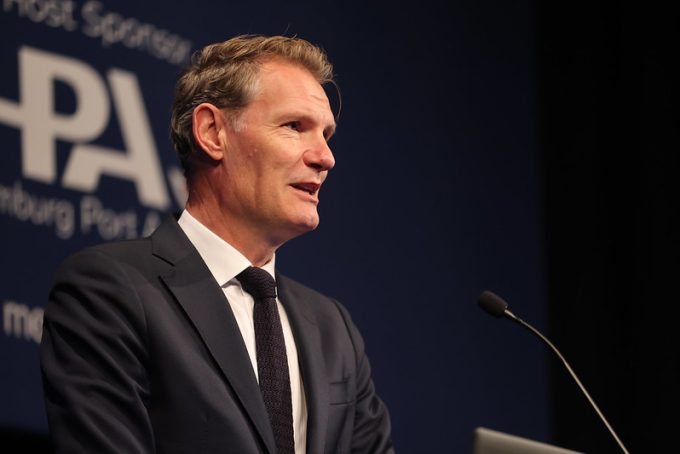Seeking Alpha: Rails blockbuster – Union Pacific may be looking to acquire CSX or Norfolk Southern
SEEKING ALPHA reports: Union Pacific Corporation (NYSE:UNP) is weighing a major acquisition, according to SEMFOR. Sources ...

MSC chief executive Soren Toft has predicted that global supply chains will increasingly fragment in the near future, leaving shippers prioritising direct port calls over speed of service.
In a keynote speech delivered this morning at the opening session of the International Association of Ports Harbours ...

Comment on this article